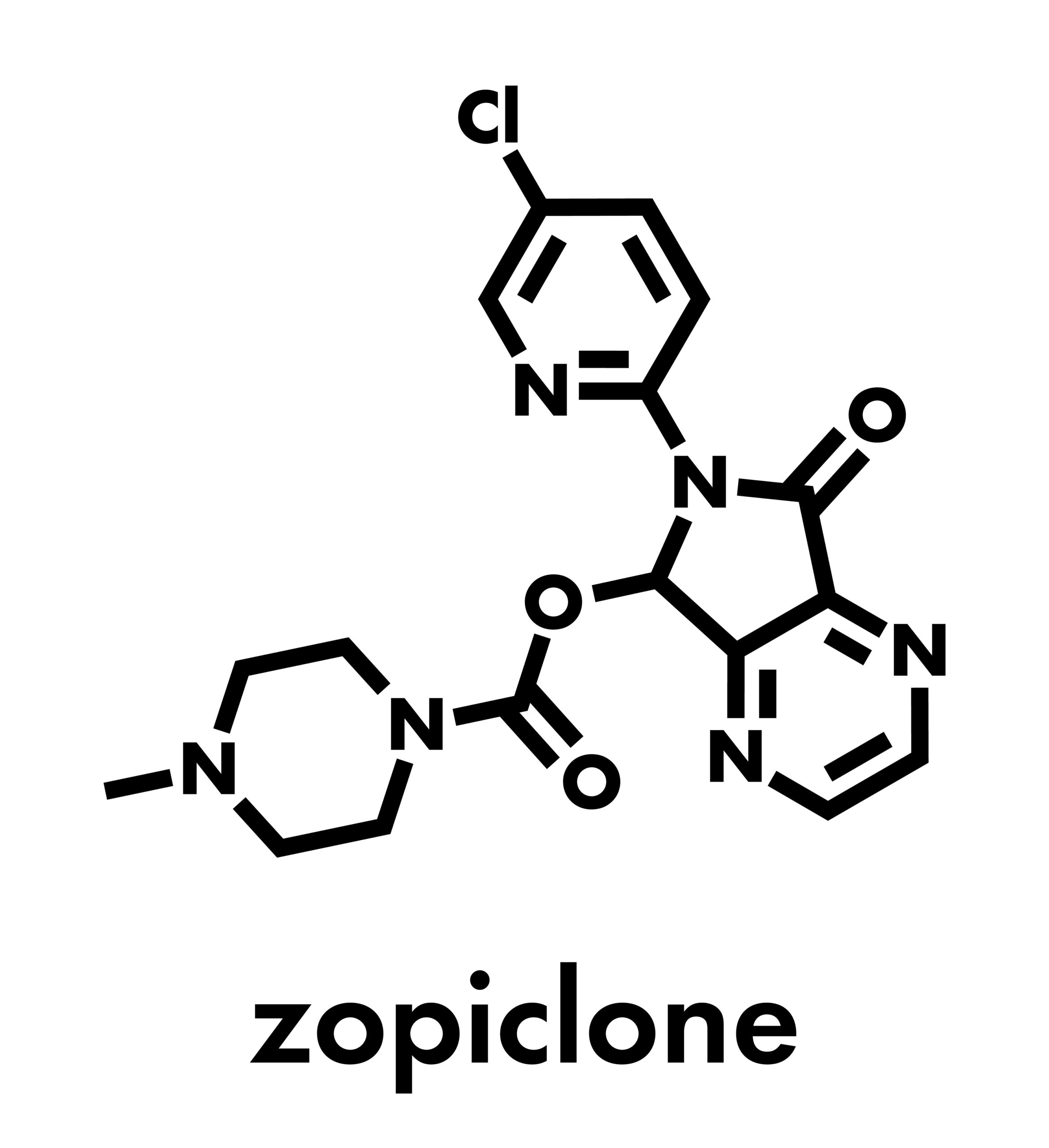
According to a study in Supportive Care in Cancer, a variety of pharmacological agents are used to treat insomnia in patients with advanced cancer; however, the efficacy of pharmacological sleep therapies is unclear. The study’s authors evaluated zopiclone in patients with advanced cancer who reported insomnia and found it improved short-term sleep quality compared with placebo.
This randomized phase 4 trial enrolled 41 patients (median age, 66 years; 56% male; median Karnofsky performance score, 80). A total of 18 received zopiclone and 21 received placebo for 6 consecutive nights.
Zopiclone Improves Sleep Quality in Advanced Cancer With Insomnia
The primary end point of the study was patient-reported sleep quality on the final night, while additional end points included patient-reported sleep onset latency (SOL) and total sleep time (TST). Reportedly, the mean sleep quality at the end of the study was 2.9 (95% CI, 2.3-3.8) in the zopiclone group compared with 4.5 (95% CI, 3.6-5.4) in the placebo group (P=.045).
In addition, SOL was significantly lower in the zopiclone group at 29 minutes (95% CI, 13-51) versus 62 minutes in the placebo group (95% CI, 40-87; P=.045), while TST was similar between the groups at 449 in the zopiclone group (95% CI, 403-496) and 411 in the placebo group (95% CI, 380-550; P=.167).
Authors noted the small sample size due to slow recruitment was the main limitation of the study. In addition, the study lacked any long-term analysis on the efficacy of zopiclone. Regardless, the authors supported the positive effects of short-term zopiclone in patients with advanced cancer with insomnia.
They suggested “future research should investigate the effectiveness of long-term treatment of zopiclone on sleep quality in patients with advanced cancer.”
Related: The relationship between sleep hygiene, mood, and insomnia symptoms in men with prostate cancer







 © 2025 Mashup Media, LLC, a Formedics Property. All Rights Reserved.
© 2025 Mashup Media, LLC, a Formedics Property. All Rights Reserved.